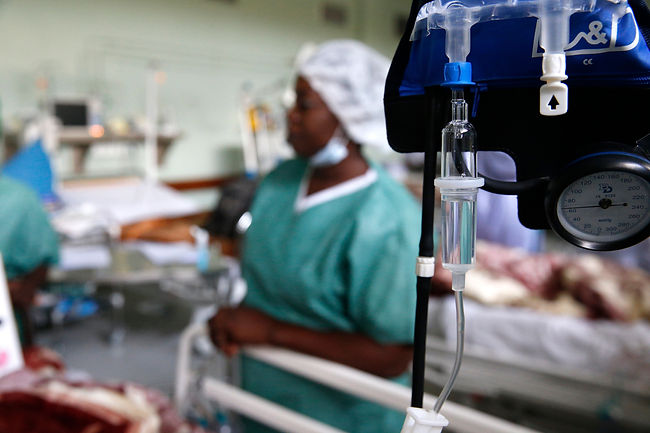


ZAMBIA SUGAR: FROM MALARIA CRISIS TO ZERO CASES
When malaria hit our workers, prodcution ground to a halt. When it’s controlled, everyone thrives.
In the year 2000, Zambia Sugar’s business was thriving—but its workforce was not. At the height of the malaria crisis, 1 in 5 employees contracted the disease during peak season. Clinics were overwhelmed. Skilled professionals avoided rural posts. Entire departments would pause operations for funerals, losing multiple days of work at a time.
“We were losing millions of dollars,” says Ackson Tembo, Business Affairs Manager. “Malaria didn’t just kill people. It killed profit.”
Faced with spiralling costs and growing disruption, Zambia Sugar decided to act. The company launched its own malaria control programme: mass indoor spraying, universal bed net distribution, case tracking, and health screening for over 5,000 seasonal migrant workers arriving from high-risk areas each year.
By 2024, the company achieved something once thought impossible: zero malaria cases on its estate.
But this progress is fragile.
“Every year, we rely on national systems to support us by screening and treat people before they arrive,” Tembo explains. “That’s made possible by the Global Fund. If that funding collapses, our malaria-free status won’t last.”
Zambia Sugar contributes around 4% of Zambia’s GDP. It exports sugar across the region, supports local outgrowers, and sustains thousands of jobs. A malaria resurgence—triggered by cuts to national prevention programmes—would ripple far beyond the estate. It would disrupt not just agriculture, but trade, education, and the broader economy.
“We’re proof that malaria control is good business,” says Tembo. “But no business can do it alone. The Global Fund is a crucial part of our economic infrastructure. Undermine it, and we all pay the price.”
A Shared Responsibility
As the world looks toward the 2025 Global Fund replenishment, Zambia Sugar’s experience offers a powerful reminder: fighting malaria is not just a health priority—it’s an economic strategy.
For the Global Fund to continue protecting lives and livelihoods, it must be fully funded—through the collective commitment of African governments, G7 donor countries, and the private sector. Only through shared investment can we sustain gains, prevent resurgence, and protect the economic engines of the continent.
